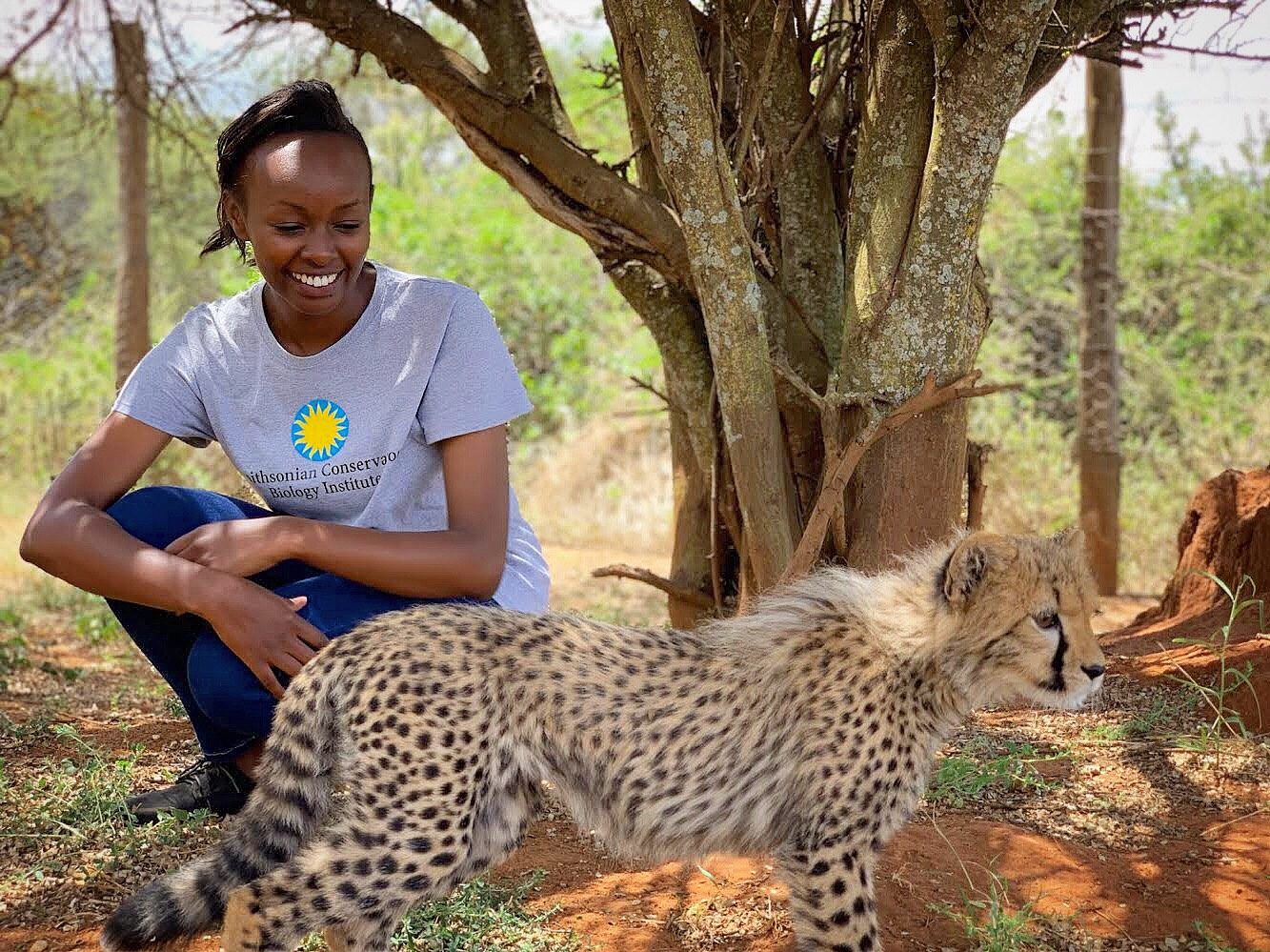About the Global Health Program

The Smithsonian Conservation Biology Institute’s Global Health Program was established to address the global trend of increasing health crises facing humans, animals and the environment.
GHP is based upon the One Health platform, which recognizes that the health of all species — human and nonhuman animals — are inextricably linked to one another and to the environments they share.
The GHP team works with international partners and a broad range of experts (wildlife veterinarians, pathologists, biologists, research associates, public health specialists and others) to combat threats to wildlife, human and ecosystem health by addressing these challenges at their source: the human-wildlife-livestock interface.
Nearly 75 percent of all emerging infectious diseases identified in humans during the 21st century have been caused by zoonotic pathogens that cross the species barrier and spillover from wildlife into vulnerable human populations. GHP understands the importance of wildlife health in the prevention of human disease, and the need for enhanced worldwide capacity for intervention and rapid outbreak response.
Through global capacity building and training programs, emerging infectious disease research and wildlife health projects, GHP plays a critical role in stabilizing wildlife populations, and providing impactful and lasting solutions to today's conservation and public health challenges.